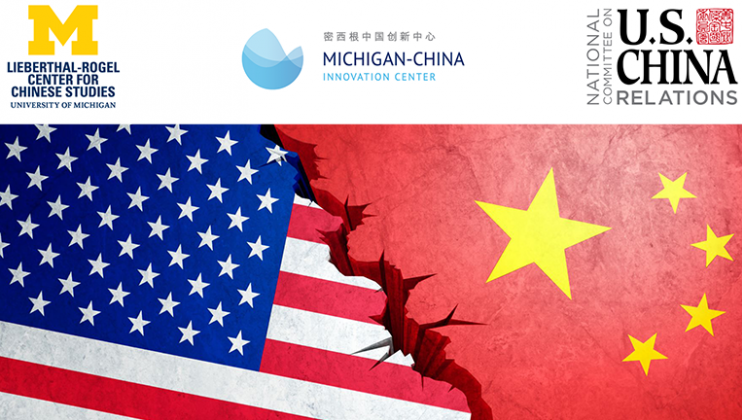As U.S.-China relations continue to deteriorate, two components of the relationship that have been successful in the past are increasingly coming under attack: higher education and scientific collaboration.
Author Mara Hvistendahl joined the National Committee for a discussion about her recent book on industrial espionage, the U.S. government, and China.
The U.S. Department of Justice's China Initiative is intended to counter national security threats posed by China, but it defines the threats too broadly, which raises problematic implications both for the U.S. criminal justice system and for collaboration with people who have ties to China.
Admiral Dennis Blair discussed the rise of China's technological capabilities, the strategic challenges inherent to this rise, and how the United States might best approach regulation while encouraging collaboration.
Ely Ratner of the Center for a New American Security discussed a report describing strategic competition over the future of the Indo-Pacific, and presents a series of policy recommendations.
Dr. Isaac Kardon discussed China's overseas port projects and broader regional maritime issues.
Professor David Zweig examined China’s efforts to promote “reverse migration,” focusing on the Thousand Talents Plan, and discussed American responses.
Rhodium Group's Thilo Hanemann and Adam Lysenko, joined by Helen Jiang and Winston Ma, discuss the latest trends in U.S.-China venture capital flows in the context of the shifting bilateral relationship.
How should we think about the U.S.-China military and security relationship? The commander of the U.S. Indo-Pacific Command, Admiral Philip S. Davidson, presents his views.
M. Taylor Fravel examines the security threats China has faced over the past 70 years, investigating how and why the country’s defense strategies have changed.









